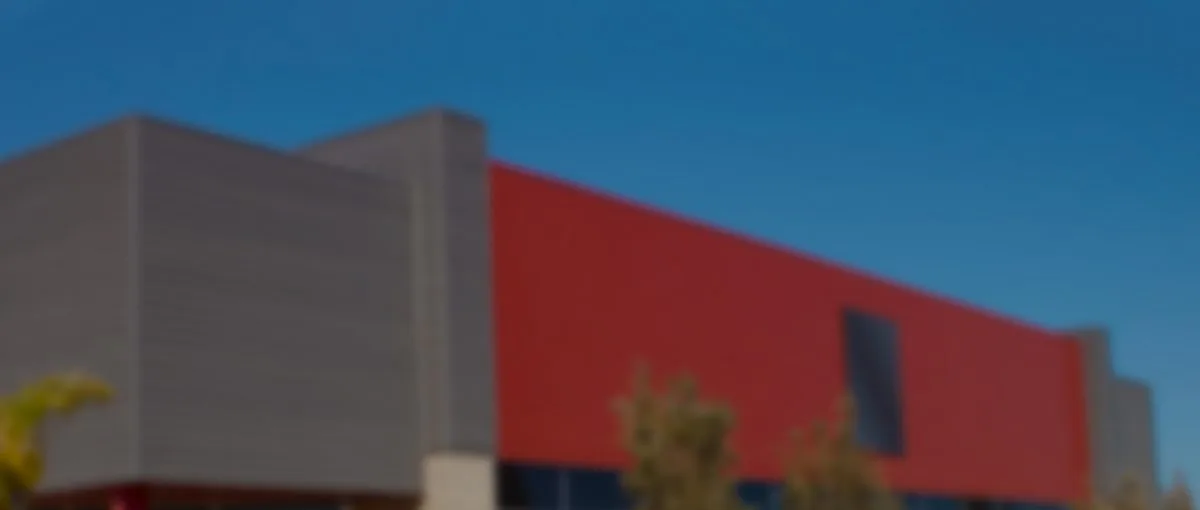Category: Commercial Roofing
In addition to the basic roofing tools listed in the previous chapter for residential use, a professional roofing company may use more advanced commercial tools on-the-job, like: Caulk Gun: A commercial caulk gun is necessary to seal roofing materials with the use of an adhesive administered from the gun barrel. Sealant is most often used… read more
The longevity of a commercial roof depends directly on the materials that are used to build the structure. Commercial roofs can be built with a wide range of materials with some of the most popular choices including: Composition: Otherwise known as asphalt shingles, a composition roof can be used on contemporary commercial buildings. However, compared… read more
While roof trusses can be used in both residential and commercial buildings, they offer countless advantages for a commercial facility to support both design and functionality. In a commercial property, roof trusses will provide a wider span available and can increase the load bearing weight to accommodate heavier roof materials. Depending upon the facility, commercial… read more
When it comes to commercial roofing, you’re likely to find these basic roof structures atop a commercial facility: Flat: A flat commercial roof doesn’t have a slope or peak in the roof. For this reason, the accumulation of snow and rainwater can be a chief concern for a business. A flat roof is made up… read more
Completing a DIY roofing project can be an excellent choice for someone who knows what they’re doing. If you already have the tools and know-how, you can save time and money by taking on the project yourself instead of paying for a third-party contractor to do the job for you. But for the rest of… read more
Before you sign yourself on for a major DIY project like a roof replacement, either at home or for your business, it’s critical to count the costs. And we’re not just talking about money. Any DIY home improvement project will cost you in both time and money. Yet depending upon the DIY project, you could… read more




